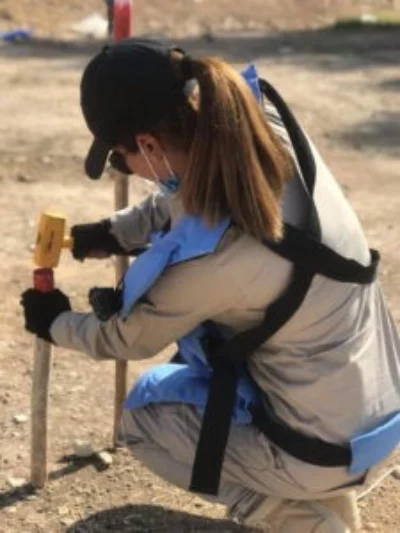Demining: women make their mark
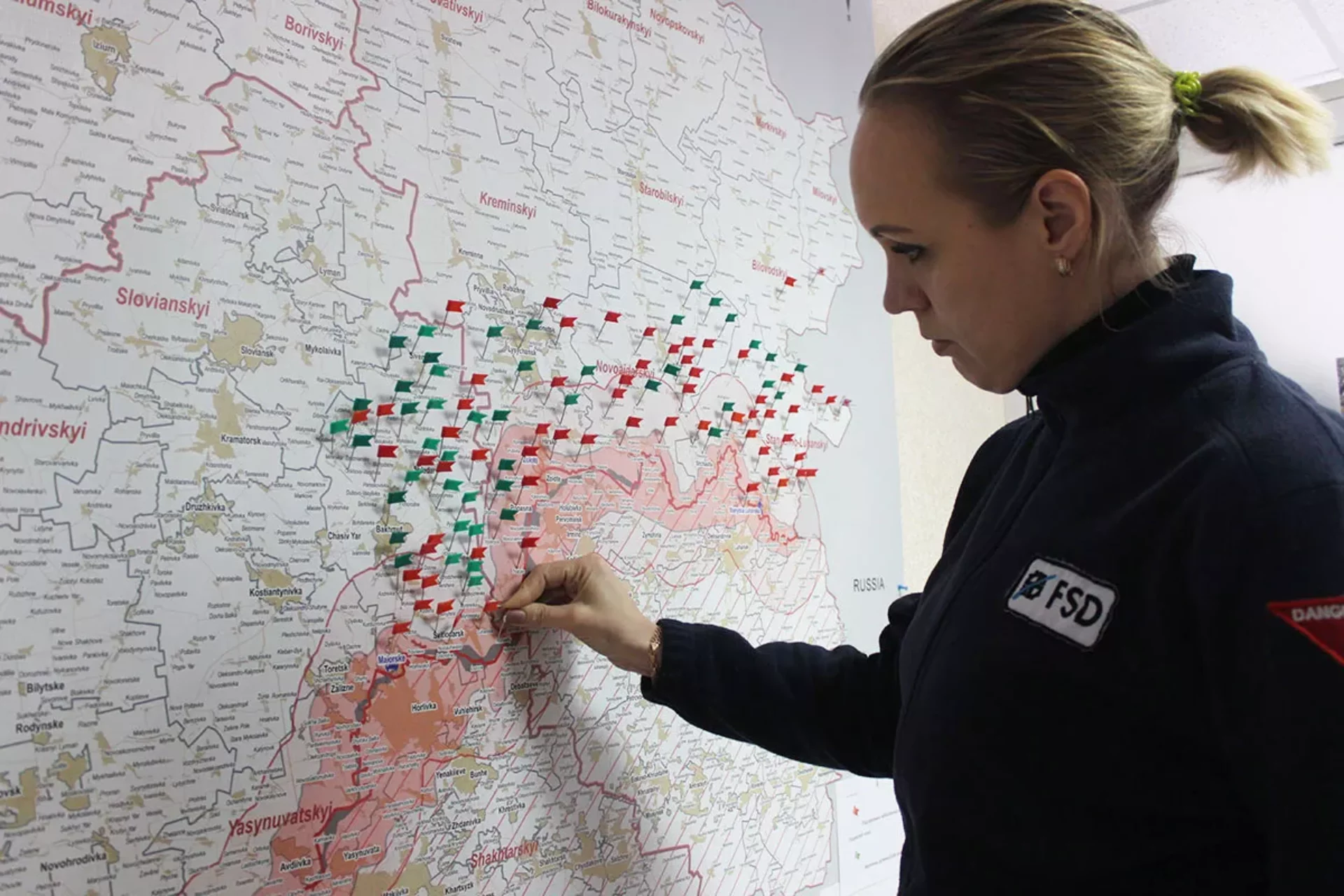
An internal survey conducted among FSD’s female Iraqi staff last month shows how this new career impacts their family life and their place in the community.
“My relationship with my family has changed since I started doing this job. I feel more independent,” said Noor, leader of FSD’s female demining team in Iraq. Like most of her colleagues, Noor knew nothing about mine action before her recruitment by FSD in 2019. She is a bar certified lawyer.
I had to find work. I started as part of an explosive ordnance risk education team and soon came to love the work. I then chose to take courses in non-technical survey and in mine clearance.
In Iraq, women are still poorly integrated into the labor market. Today, only 13% of them have paid jobs, compared to three quarters of men. In areas that were occupied by ISIS forces between 2014 and 2017, the situation is even more difficult. The extent of the destruction and the contamination by explosive devices are slowing economic recovery and hindering attempts by residents to resume normal lives.
FSD works in the governorate of Nineveh, one of the most affected by the fighting. The future deminers are recruited from the local population and follow a six-week training course, at the end of which they receive their level 1 demining diploma. A team of six female deminers and a female medic was thus established at the end of 2019. Other female recruits have also joined the teams responsible for investigating the location of improvised mines and for raising public awareness of the dangers of explosive ordnance.
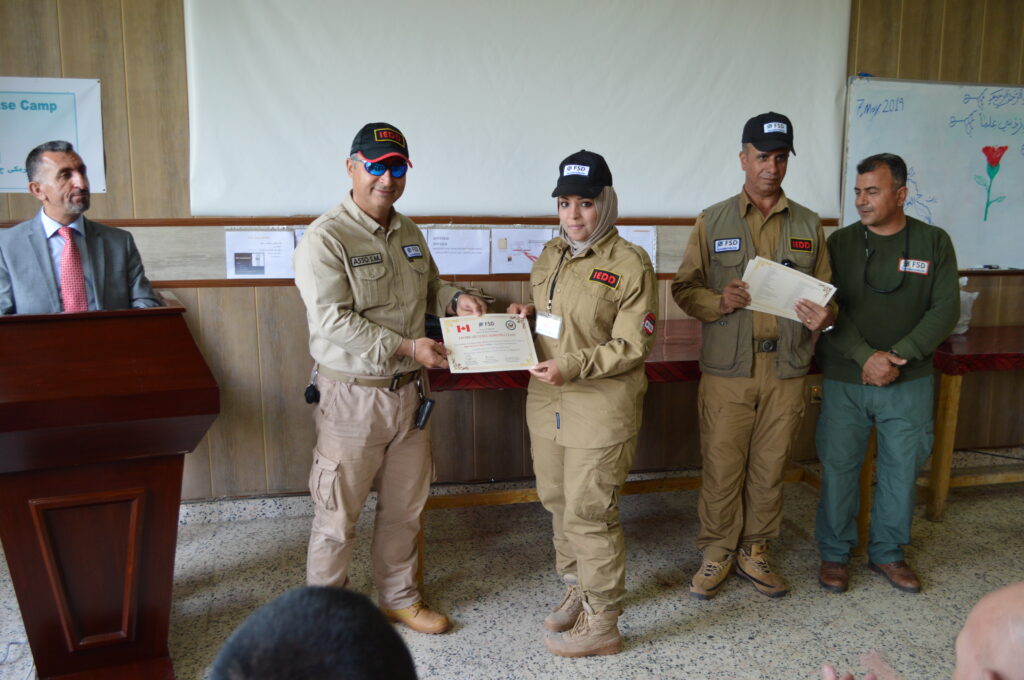
According to the United Nations Gender Guidelines for Mine Action Programmes, “the employment of women in affected communities is transformative, contributing to women’s economic empowerment and increasing their participation and decision-making power”. An internal survey conducted by FSD among its female Iraqi employees confirms this phenomenon. A large majority of the women interviewed say that they are taking over more decisions within the household, including about expenses, since they started working with FSD. They also explain that they are now less involved in household chores, which are taken over more by their husbands or other family members. Most also feel that their influence within their respective communities has increased, not least because of the skills they have acquired in the course of their work.
Like other humanitarian demining organizations, FSD has specific policies and procedures in place to ensure recruitment, training and conduct of activities integrate a gender perspective. The organization carefully takes into account the specific needs of its female employees and prevents any form of discrimination or gender-based violence within its teams.
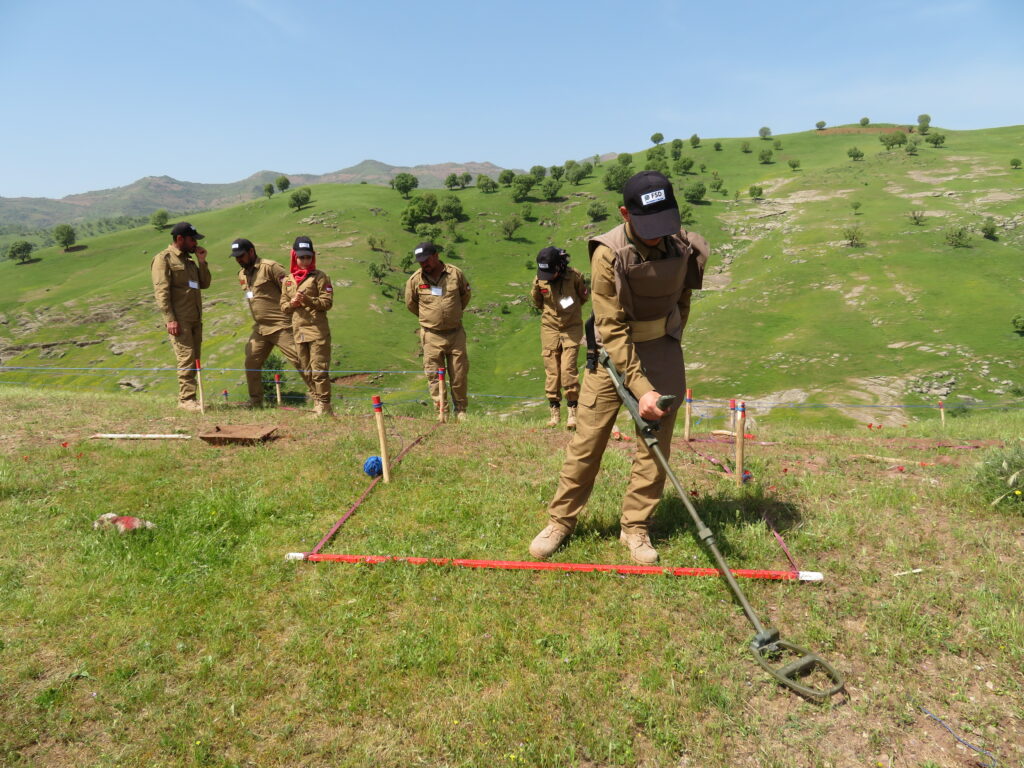
The recruitment of deminers does not only benefit the empowerment of women and the improvement of their status in the communities concerned. It has been shown that gender diversity in all areas of mine clearance improves the quality of interventions. For example, mixed teams make it easier to establish dialogue with the different groups of affected populations.
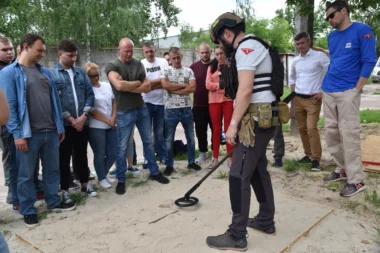
How to become deminer?
FSD’s deminers come from all walks of life: farmers, teachers, IT specialists and many others. Many have had their lives…
Humanitarian demining Iraq
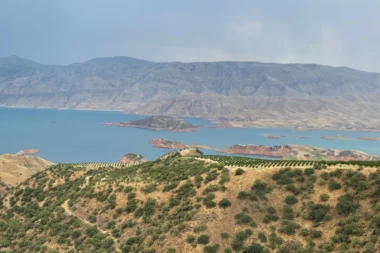
Tourist destinations still marked by the scars of war
In the world, nearly one in three countries remains contaminated by landmines and explosive remnants of war, particularly across much of South-East…
Landmines and explosive remnants Colombia Iraq Sri Lanka
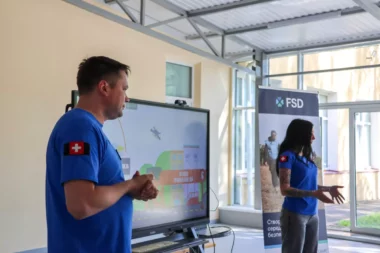
Beyond demining: preparing to hand over the reins
Faced with this reality, FSD — with the support of Switzerland — is working on two fronts: clearing land today,…
Humanitarian demining Prevention and risk education Ukraine
